
On this FFD4, in Sevilla, Spain, Devin Chesney, ANDE’s Executive Director, invites us to expand our coalition of thinkers, builders, and funders engaged in shaping a Framework to Unlock Entrepreneurial Growth at Scale.
Solving the SDGs via the private sector stands no chance if return-seeking capital cannot find the demand in the form of scale-ready businesses in the world’s poorest communities. Don’t we know what we need to do to build them?
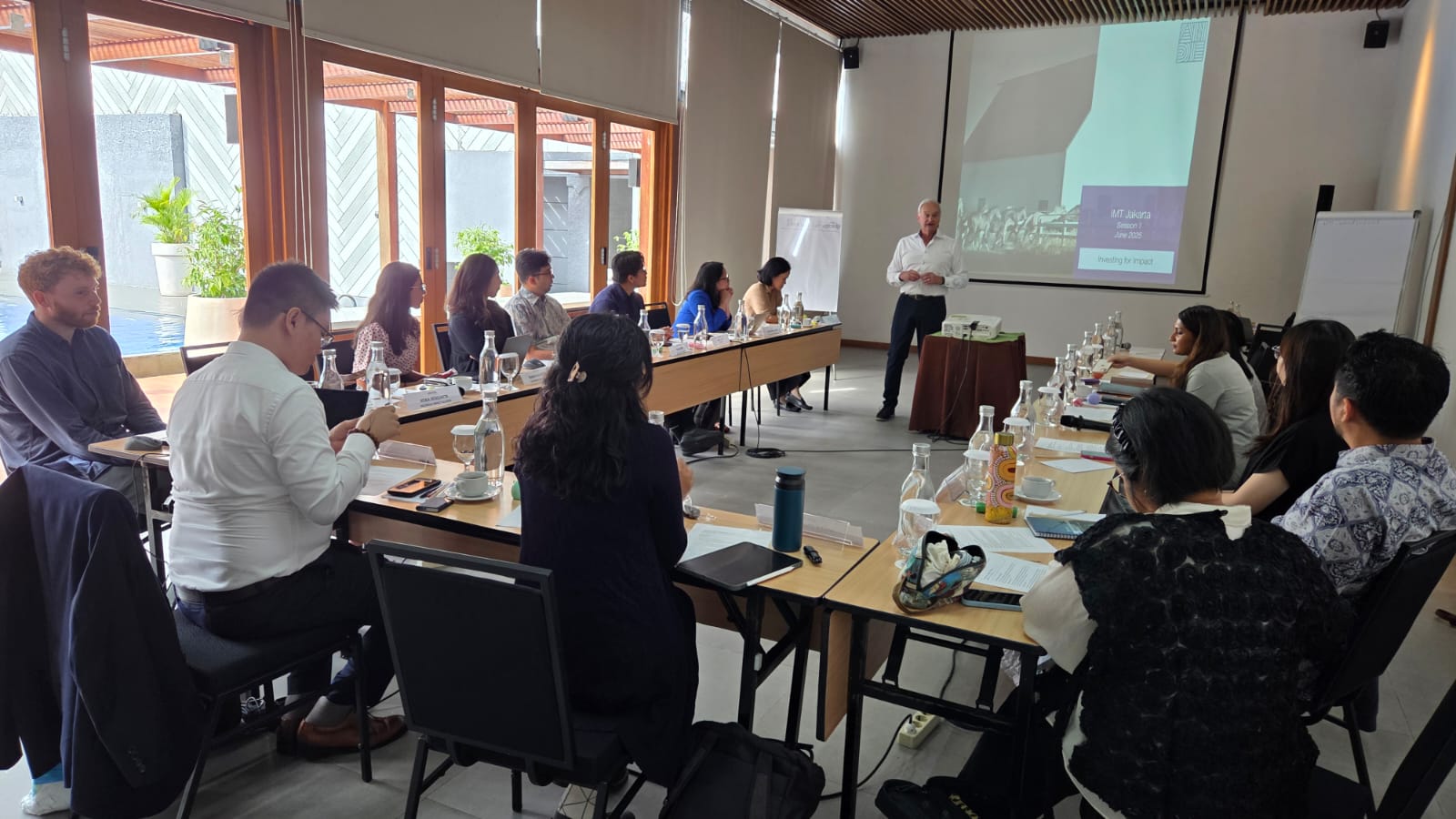
Key learnings from the KINETIK-ANDE Investment Manager Training, taking place from 30 June to 4 July 2025 in Jakarta, Indonesia.

What Our Members Want to Discuss in 2025—a sneak peek into the curation process for the Global Annual Conference agenda

ANDE’s gender-smart ecosystem strategy is transforming support for women entrepreneurs in West Africa through collaborative design, digital innovation, and the AWA platform—bridging regional gaps and scaling inclusive solutions.
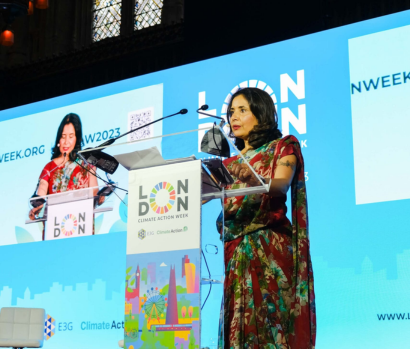
Here's our guide to the agenda items most relevant to ANDE members—and where to connect with our Climate Manager, Laura Simmons-Stern, on the ground.
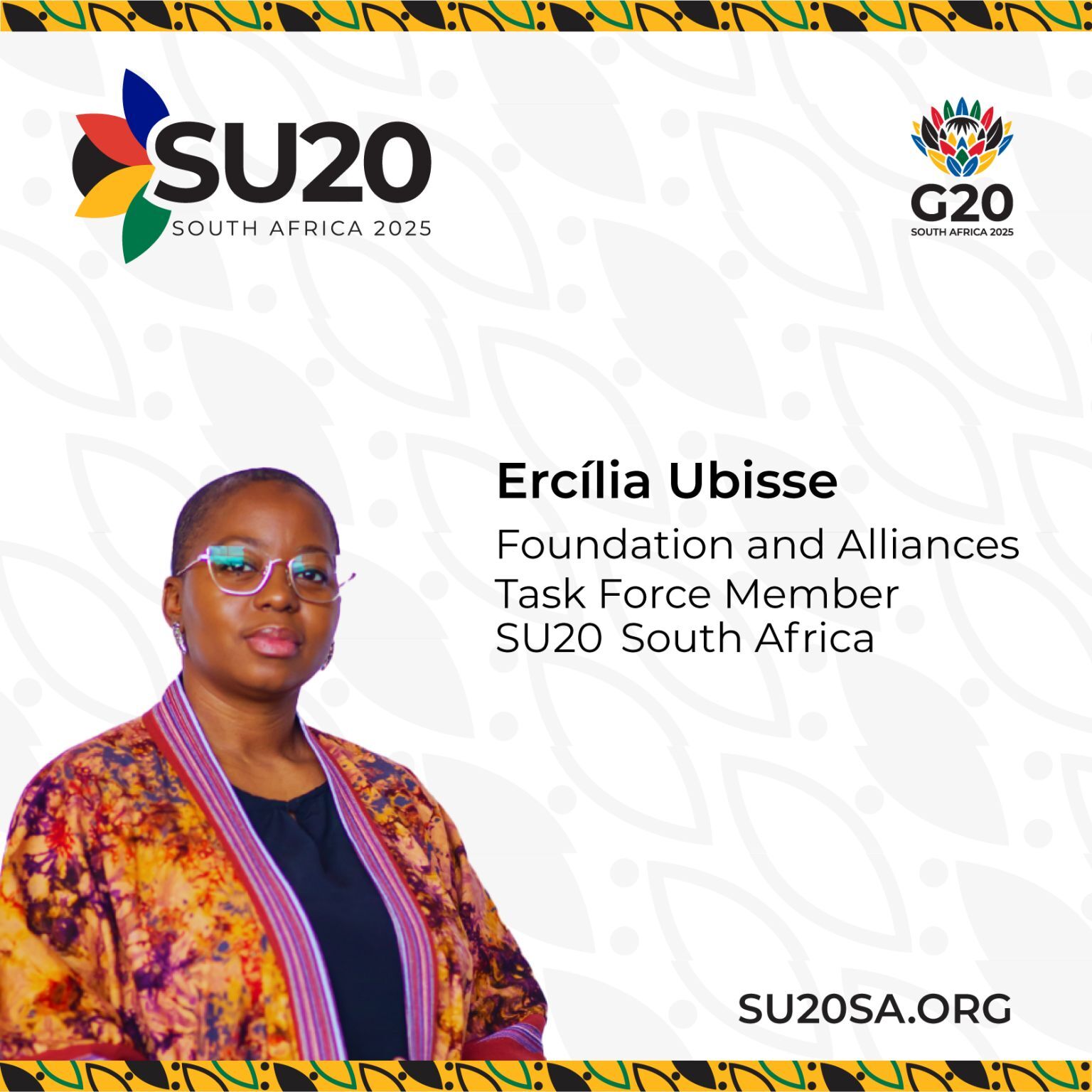
Represented by Southern Africa Regional Head Ercilia Mata Ubisse, ANDE will contribute data-driven insights and grassroots perspectives to strengthen global startup and MSME ecosystems through the G20 platform.
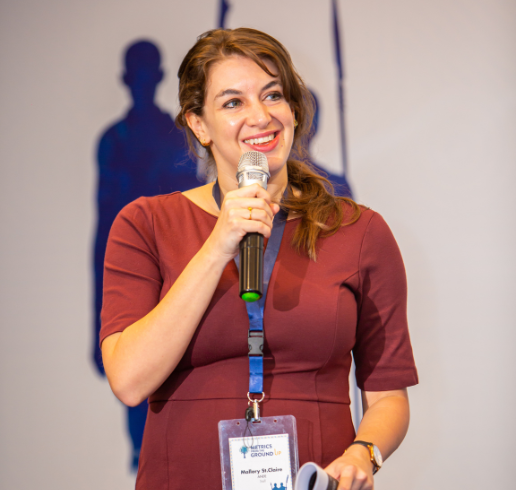
The virtual series extends metrics and evaluation conversations beyond Nairobi
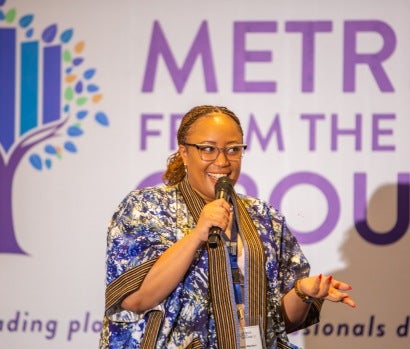
Advancing Inclusive Impact Measurement for SGBs at ANDE’s 2025 Ground Up Conference in Nairobi.

Now live in the Career Center section, we showcase skilled talent currently seeking their next opportunity as well as organizations and programs supporting them.
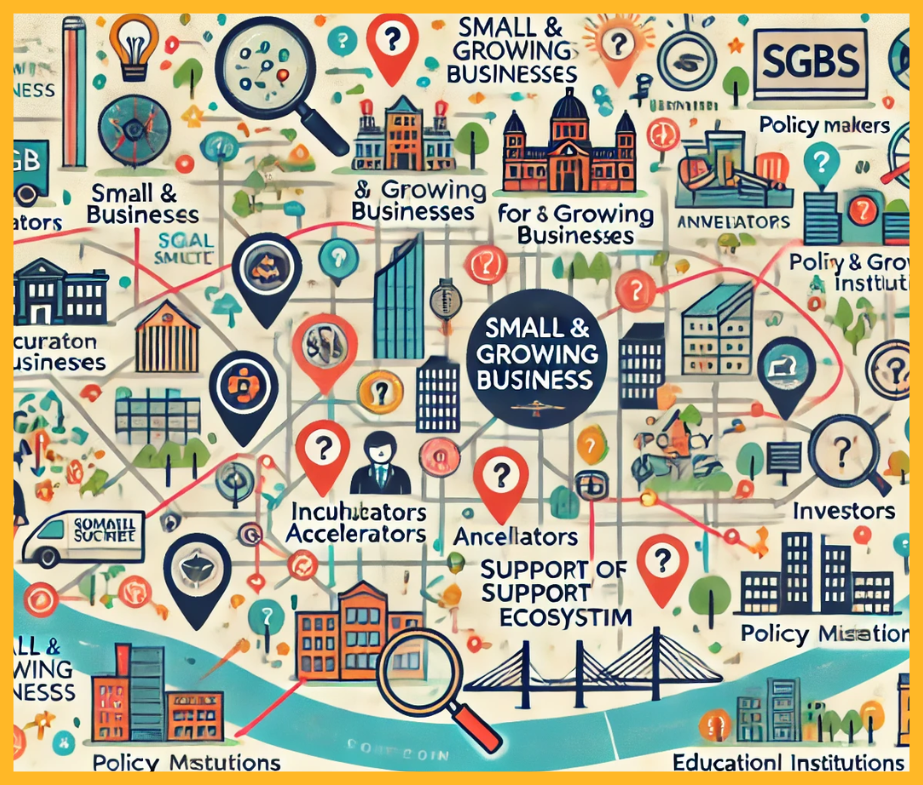
The initiative will update ecosystem maps, analyze critical data, and offer strategic tools to enhance support for small and growing businesses.
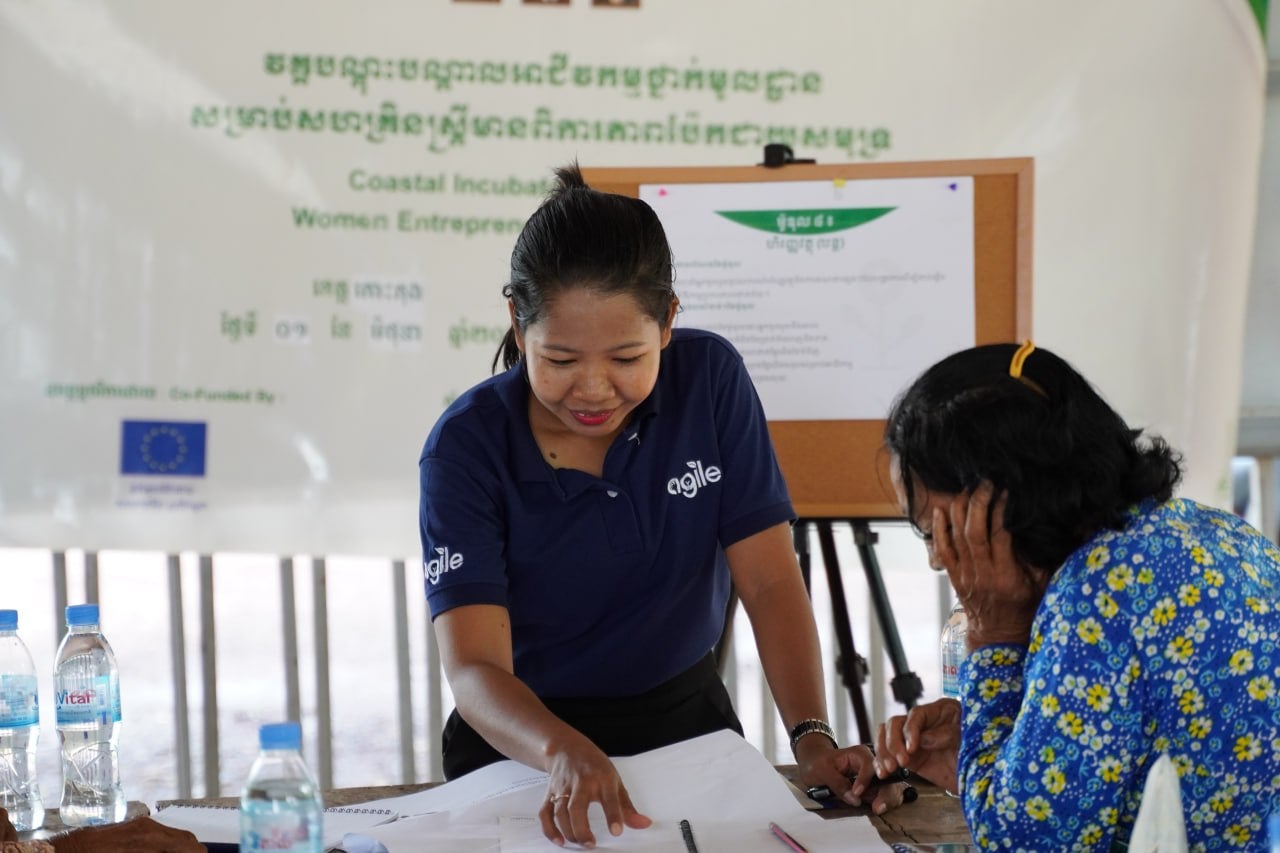
ANDE Welcomes Mekong Inclusive Ventures: Championing Inclusive Entrepreneurship in Cambodia
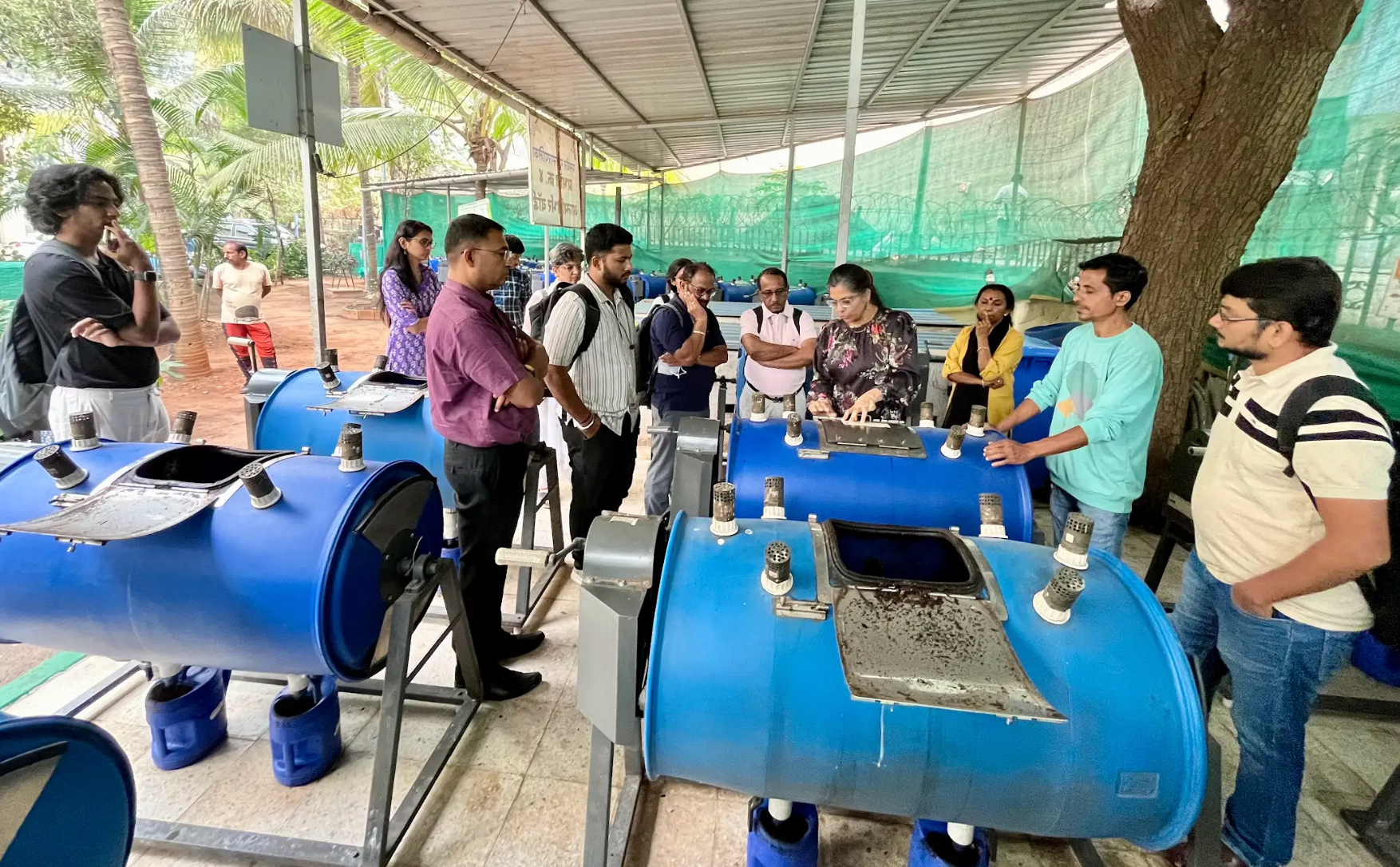
Dive deep into Climate Conversations with our Co-Chair, Ajay Menon.
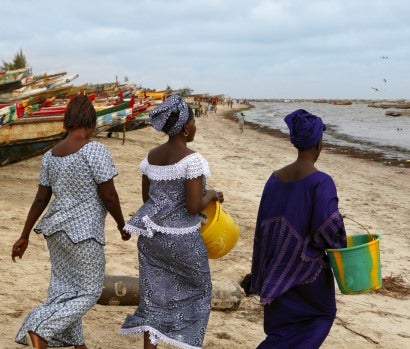
Dakar, the host city of the Pan-African Conference, has a vibrant entrepreneurship ecosystem that supports small businesses.
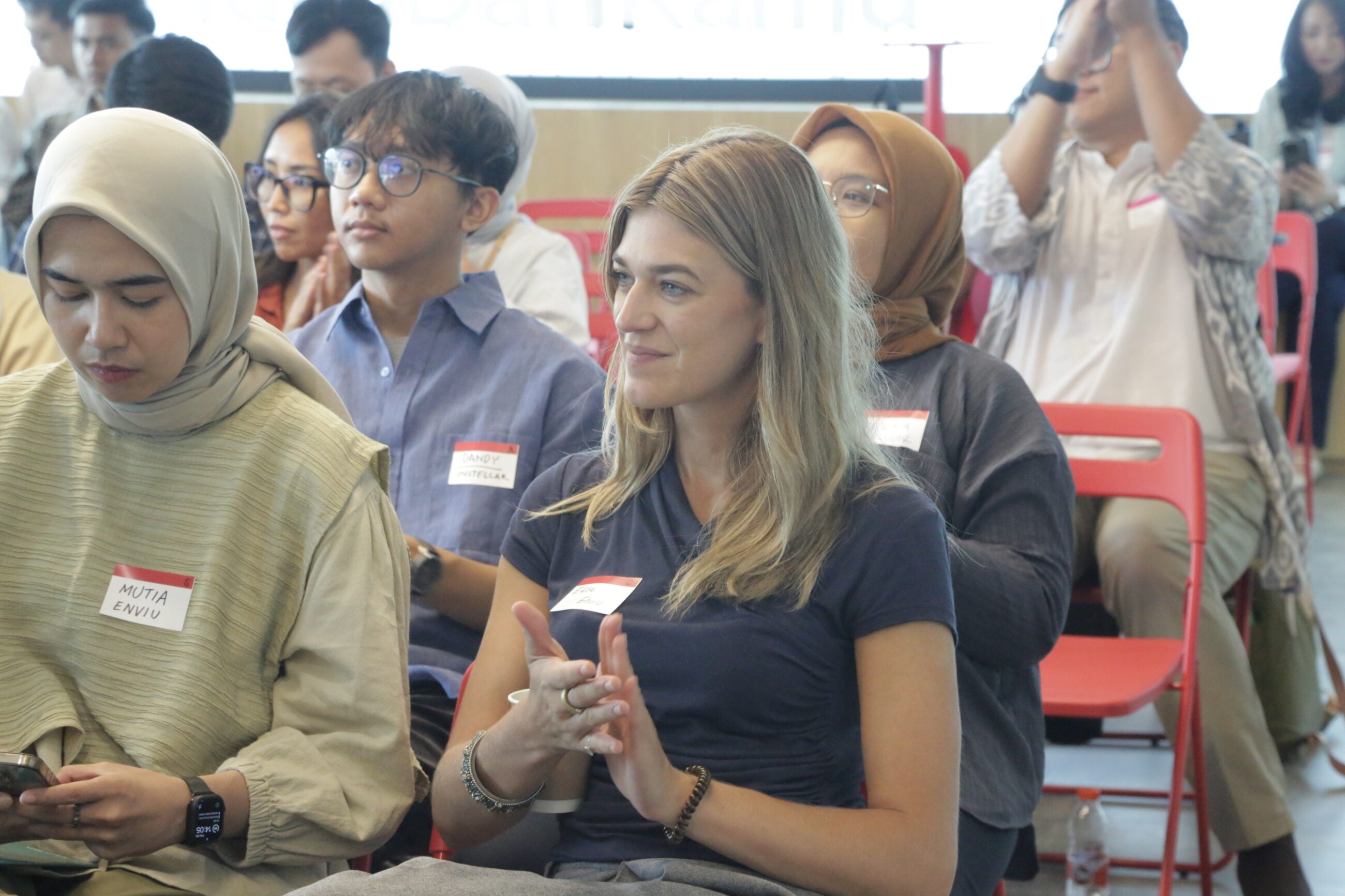
Elevating business development services for lasting impact in the Global South.

Lead the change in your ecosystem. ANDE is looking for member organizations with deep national expertise to help shape our programming and drive impact locally. As a Country Champion, you’ll play a key role in tackling pressing challenges and strengthening entrepreneurial ecosystems. Ready to lead?
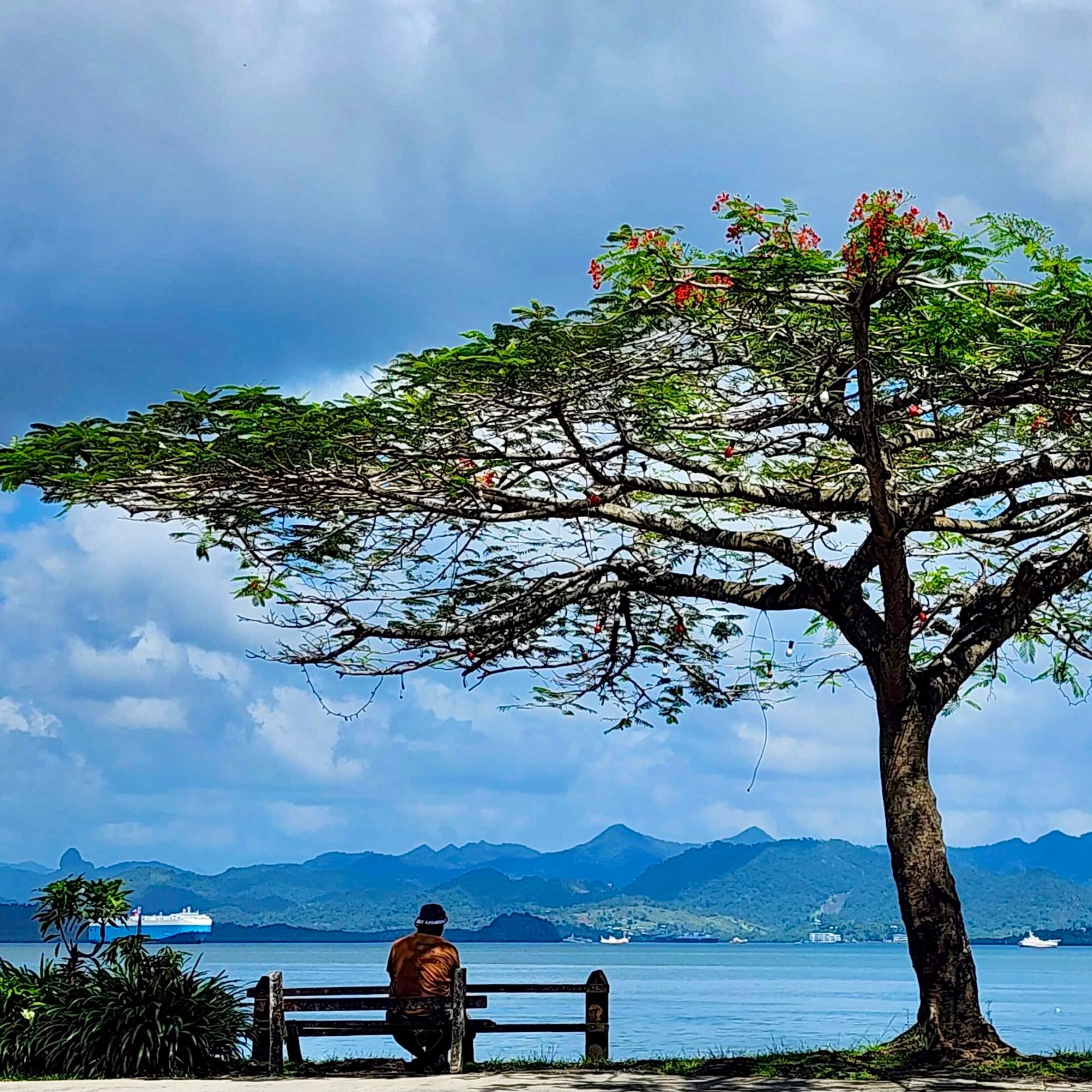
Business development service (BDS) programmes, such as accelerators and incubators, are increasingly looked to as promising ways to help entrepreneurs enhance their business skills, expand their networks, and access investment. In Fiji, there is a small but quickly growing entrepreneurial ecosystem supported by over a dozen BDS programmes. This report seeks to characterize the BDS landscape and form recommendations for its continued growth based on international research and established best practices from other ecosystems across the globe.
In this report, the authors assess the practices of Fiji's BDS providers against the SCALE principles, a set of recommendations published in 2021 by the Argidius Foundation which reflect global best practices for BDS provision. This study identified a total of 21 BDS programmes in the Fijian ecosystem administered by 14 service providers, including eight accelerators, five incubators, and eight additional programmes such as co-working spaces, grantmaking facilities, and technical assistance. Based on desk research and interviews with programme managers, the authors assessed Fiji’s accelerator and incubator landscape as moderately applying the SCALE principles.
The concept of gender-lens acceleration has taken hold in recent years, with various toolkits outlining how to be more gender inclusive at every step of the acceleration process, from selection to programming and alumni support. However, it is not well understood how effective these strategies have been in producing more equitable outcomes for women. This report aims to fill that information gap by synthesizing the research on accelerating women-led ventures, exploring case studies of two accelerator programs in Asia that have outsized impacts for such ventures, and spotlighting other programs with unique program models or perspectives.
Every entrepreneur operates within an ecosystem that determines the access to talent, finance, and markets that they need to grow their business. ANDE’s Entrepreneurial Ecosystem Maps serve as a tool for stakeholders to learn about the organizations providing support to small and growing businesses (SGBs) in a specific city, region, or country.
This mapping identified 140 organizations and nearly 170 distinct resources supporting entrepreneurs across Ethiopia. The online mapping provides a filterable directory of these organizations, categorized by sector, location, and support type. The mapping is complemented by a report analyzing the data and synthesizing key trends in the ecosystem.
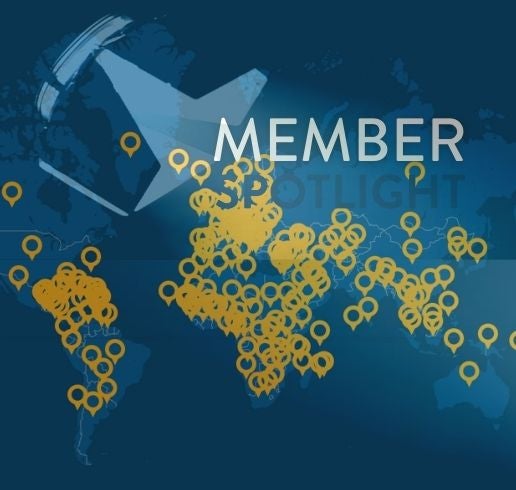
Listen to leaders from our member organizations describe their efforts to develop ecosystems for small and growing businesses in the Global South.

